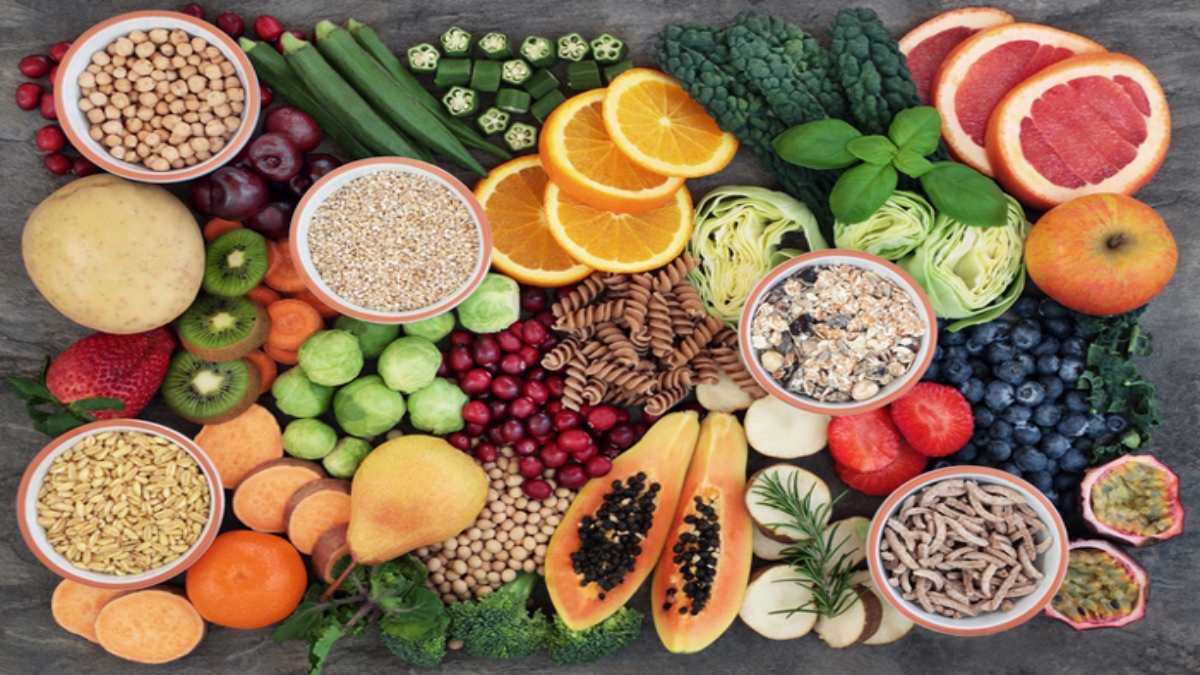


The Covid-19 pandemic turned our lives upside down, drastically influencing our eating behaviour and lifestyle habits. It made people increasingly aware of their food choices and renewed their health interests. Undoubtedly, the next year will be big on health and wellness, but here are some of the diet and nutrition trends that would rule the food landscape in the year 2021.

Immunity boosters
Covid-19 was an ugly reminder that health is transient and one needs to be careful about what they include in their diet to maintain overall well-being. Since people are now aware that a healthy immune system could prevent them from certain illnesses, they are leaning towards immunity-boosting food items and health supplements as a precautionary measure. Thus, consumption of immunity boosters will continue in 2021. Alternative remedies such as herbal supplements have also come in the spotlight and become one of the top-selling commodities. Furthermore, purpose-driven ingredients such as Vitamin A, C, D, E, probiotics, zinc, selenium, etc. would remain at the forefront of the food industry as they persist to create a buzz in the healthcare sector.
Sustainable eating practices
The increasing awareness of climate change and the environment has encouraged people to adopt sustainable eating practices. Instead of choosing from two extreme spectrums, such as veganism and meat-eating, many people are now focusing on foods that tend to put less impact on the climate. For instance, a consumer who eats meat every day can reduce their intake and include more plant-based meals to lower their environmental footprint. Even choosing locally grown produce can lower carbon emissions. People are moving beyond the all-or-nothing approach, and making small changes that can collectively make a large difference in the environment.
Comfort foods with a twist
Consumers are increasingly leaning towards home-cooked meals and comfort foods, which remind them of happier and less turbulent times. To ensure that the home-cooked meals don’t taste bland, people are giving a modern twist to classic dishes with exotic flavours and ingredients. Instead of seasoning dishes with plain salt and pepper or olive oil dressing, expect the flavour-boosted sauces and snappy spices to trend in 2021.
Coloured veggies will be front and centre
Over the years, diet trends have evolved tremendously, but one nutritional advice that has remained constant is to include more coloured vegetables in the diet. Vegetables are a powerhouse of nutrients, which play a crucial role in reducing our risk of chronic diseases and boosting immunity. In 2021, as part of an effort to maintain sound health, people would surely prioritise incorporating more fresh and coloured veggies in their diet.
Back to basics
There is a high probability that weight loss programs and restrictive diets will fall out of favour this year as people might seek a more wholesome, balanced, and sustainable approach to health. With the rising number of audiences on social media, nutritionists and health experts are busting myths about diets and nutrition, which have encouraged more people to consume natural foods. As the conversation about body positivity is advancing, many people are no longer aiming to fit into a certain weight scale as maintaining good health has become the utmost priority. Eating all kinds of food in moderation for a balanced diet will become a positive diet trend of 2021.
Personalised nutrition
As lifestyle-specific customisable nutrition services are gaining traction, personalised nutrition shall remain one of the top trends of 2021. Technological advances and the ever-expanding food choices is allowing people to embrace a more individual approach to eating and move beyond tailored diets. As every individual has a different body type, weight goal, BMI, or medical problems, a universal nutritional approach would not suffice. Therefore, personalised nutrition is the need of the hour to cater to an individual’s specific needs.
The writer is a Ludhiana-based dietitian.